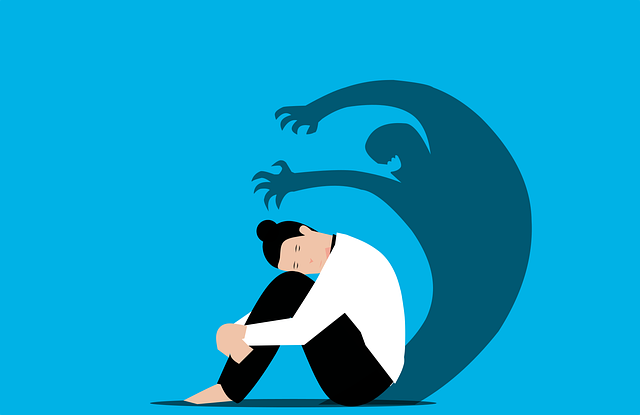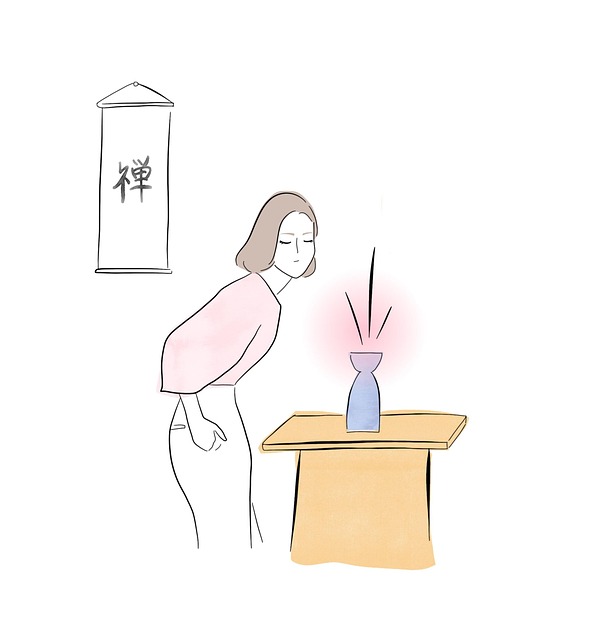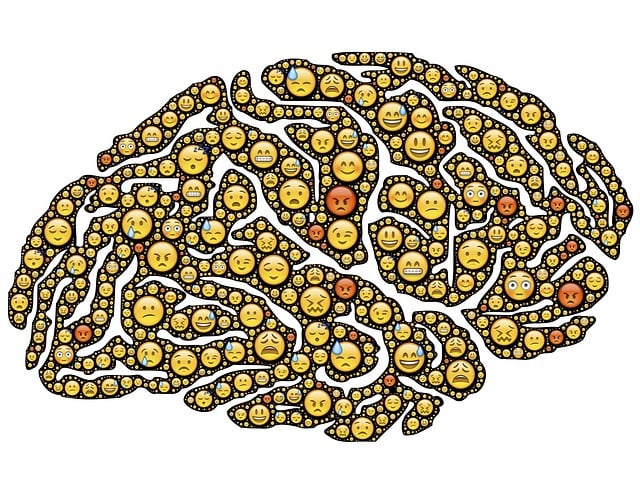Stress management is vital for individuals with Oppositional Defiant Disorder (ODD) in Longmont, as unaddressed stress can exacerbate symptoms and lead to mental health issues. Longmont ODD therapy employs a holistic approach combining cognitive-behavioral techniques, mindfulness, and self-care strategies to empower clients with effective coping mechanisms. This therapy focuses on emotional intelligence, burnout prevention, and mental wellness journaling to help individuals recognize triggers, manage emotions, and build resilience, ultimately enhancing their overall well-being.
Stress reduction is a vital component of maintaining good mental health. In this article, we explore effective methods to alleviate stress and its profound impact on our well-being. We delve into the role of Longmont Oppositional Defiance Disorder (ODD) therapy, offering a comprehensive approach to managing stress. Additionally, discover practical strategies for daily stress management that can be easily integrated into your routine. By understanding and addressing stress, you can enhance your overall mental health and quality of life.
- Understanding Stress and Its Impact on Mental Health
- Longmont Oppositional Defiance Disorder Therapy: A Comprehensive Approach to Stress Reduction
- Practical Strategies for Daily Stress Management
Understanding Stress and Its Impact on Mental Health

Stress is a complex emotional response to various internal or external factors, often triggered by challenges, demands, or significant life events. It can manifest as physical, mental, and behavioral symptoms, affecting one’s overall well-being. In individuals with Oppositional Defiance Disorder (ODD) in Longmont, managing stress becomes even more crucial, as untreated stress may exacerbate symptoms and lead to further complications.
The impact of prolonged or chronic stress on mental health cannot be overstated. It can contribute to anxiety, depression, and even disrupt cognitive functions. Burnout Prevention Strategies for Healthcare Providers often emphasize the importance of positive thinking and social skills training as effective tools to combat stress. Encouraging individuals to identify their stress triggers and implementing healthy coping mechanisms, such as exercise, mindfulness, or seeking professional therapy, can significantly improve mental resilience.
Longmont Oppositional Defiance Disorder Therapy: A Comprehensive Approach to Stress Reduction

Longmont Oppositional Defiance Disorder (ODD) Therapy offers a comprehensive approach to stress reduction, targeting both the symptoms and underlying causes of ODD. This therapy goes beyond mere behavior modification by integrating various techniques from cognitive-behavioral therapy (CBT), mindfulness practices, and self-care strategies. It’s designed to empower individuals, especially those in high-stress professions like healthcare providers, to develop effective coping mechanisms.
By combining Burnout Prevention Strategies for Healthcare Providers with Self-Care Practices, Longmont ODD Therapy fosters mental wellness. Therapists guide clients through Mental Wellness Journaling Exercise Guidance, encouraging them to reflect on triggers, manage emotions, and cultivate resilience. This holistic approach not only addresses the present but equips individuals with lifelong tools to navigate stress, enhancing their overall well-being.
Practical Strategies for Daily Stress Management

In our fast-paced world, stress has become an all too common companion. However, with practical strategies in place, managing daily stress is achievable. Longmont Oppositional Defiance Disorder Therapy (LODT) offers a framework for individuals to develop effective coping mechanisms. One key approach is integrating emotional intelligence – understanding and managing your emotions – into daily routines. By recognizing triggers and learning to respond calmly, rather than reacting impulsively, you can significantly reduce stress levels.
Additionally, focusing on mood management techniques, such as mindfulness and deep breathing exercises, can help prevent burnout. These practices allow individuals to create mental space, fostering clarity and resilience in the face of challenges. LODT also emphasizes the importance of setting realistic goals and prioritizing self-care activities like regular exercise, adequate sleep, and engaging hobbies. By implementing these strategies, individuals can take proactive steps towards a healthier, less stressful lifestyle, ultimately enhancing their overall well-being.
Stress is a ubiquitous part of life, but its impact on mental health can be mitigated through various strategies. This article has explored understanding stress and its effects, as well as two effective approaches: Longmont Oppositional Defiance Disorder Therapy for comprehensive treatment, and practical daily management techniques. By integrating these methods into daily routines, individuals can significantly reduce stress levels, fostering better mental well-being.














